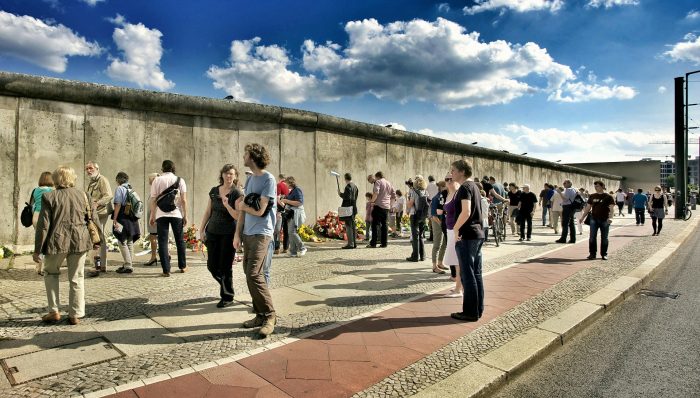
Page Description
Explore ‘The Template for a Society,’
a comprehensive guide to the essential principles
and structures that build
a strong and effective community.
Justice and society are inextricably linked.
You cannot just, out of the blue, be the object of justice.
Justice is not something that arises out of nowhere like a bolt from the blue.
Harvard Professor Michael Sandel speaks on The Law of Nature. Where Do Our Natural Rights Come From? (‘Life, Liberty and Property’). The Law of Life – as I used to call it spontaneously, when I did not yet know its official name – protects the individual and prevents justice where it has no access. Following: How Are Our Rights Inalienable? How Are Our Rights Inalienable?
The idea of a judge judging means that a person with wisdom comes to understand where people stand against each other. To understand with wisdom means to be able to understand with knowledge what is really happening. Knowing: the conscience, like King Solomon came to insight in wisdom.
In the Candid Camera below, by way of example, dozens of people come to the conclusion – that what they see is incomprehensible.
You ask “what is going on” when something is not right.
The same goes for a judge to untangle the tangled knot.
Society is entitled to expect from a judge that ambiguities are clarified in a correct manner.
A judge cannot be indifferent.
Justitie en de samenleving zijn onlosmakelijk verbonden.
Je kunt niet zomaar, vanuit het niets, het voorwerp zijn van justitie.
Justitie is niet iets die als bij een donderslag bij heldere hemel uit het niets ontstaat.
Harvard professor Michael Sandel spreekt over The Law of Nature: Where Do Our Natural Rights Come From? (‘Life, liberty and property’). De wetten van het leven – zoals ik ze vroeger spontaan noemde, toen ik de officiële naam nog niet kende – beschermt het individu en verhindert justitie waar het geen toegang heeft. Aansluitend: How Are Our Rights Inalienable?
De idee dat een rechter oordeelt, betekent dat een mens met wijsheid tot inzicht komt waar mensen tegenover elkaar staan. Met wijsheid tot inzicht komen, betekent met kennis van zaken kunnen doorgronden wat er werkelijk gebeurt. Weten: het geweten, zoals koning Salomon in wijsheid tot inzicht kwam.
In onderstaande candid camera video, bij wijze van voorbeeld, komen tientallen mensen tot de vaststelling – dat wat ze zien onbegrijpbaar is.
Je stelt vragen: “wat is er aan de hand” als er iets niet klopt.
Hetzelfde geldt voor een rechter om de verwarde knoop te ontwarren.
De samenleving mag van een rechter verwachten dat onduidelijkheden op een correcte manier opgehelderd worden.
Een rechter kan niet onverschillig zijn.
1 Justice: What’s The Right Thing To Do? Episode 04: “THIS LAND IS MY LAND”
9 sep. 2009
To register for the 2015 course, visit https://www.edx.org/course/justice-ha….
PART ONE: THIS LAND IS MY LAND
The philosopher John Locke believes that individuals have certain rights so fundamental that no government can ever take them away. These rights—to life, liberty and property—were given to us as human beings in the the state of nature, a time before government and laws were created. According to Locke, our natural rights are governed by the law of nature, known by reason, which says that we can neither give them up nor take them away from anyone else. Sandel wraps up the lecture by raising a question: what happens to our natural rights once we enter society and consent to a system of laws?
PART TWO: CONSENTING ADULTS
If we all have unalienable rights to life, liberty, and property, how can a government enforce tax laws passed by the representatives of a mere majority? Doesnt that amount to taking some peoples property without their consent? Lockes response is that we give our tacit consent to obey the tax laws passed by a majority when we choose to live in a society. Therefore, taxation is legitimate and compatible with individual rights, as long as it applies to everyone and does not arbitrarily single anyone out.